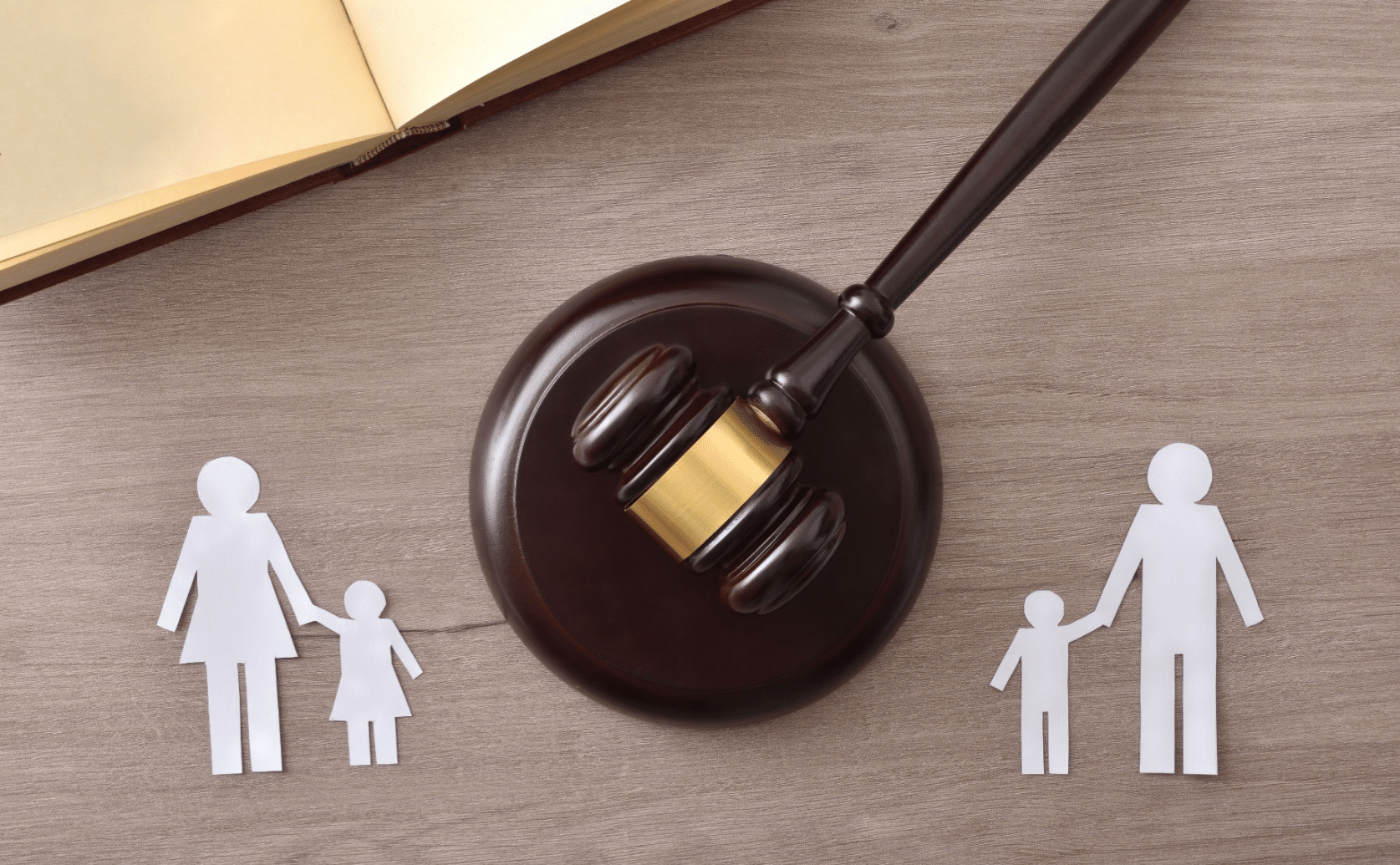Every parent has a right and legal responsibility to play a part in a child’s upbringing. Parents in a married relationship enjoy these rights and responsibilities by default.
The matter can become complicated after the dissolution of a marriage because a decision has to be made about a child’s living arrangements and which parent has the decision-making power in a child’s life.
Child custody laws vary by state, but all states have significant similarities. This guide looks into top custody issues in the legal context of Georgia, where the Atlanta Divorce Law Group professionals can help, but it could also apply to all states.
The Different Types of Custody Orders

Georgia law addresses two types of custody: legal and physical custody. Legal custody addresses a parent’s right to make critical life decisions for the child, such as education, health, religion, etc. On the other hand, physical custody addresses a child’s living arrangements and decides which parent is responsible for their day-to-day care.
The two types of custody further branch into shared and sole custody. Shared custody is where both parents have equal custody rights, and sole custody is where one parent gets custody rights while the other gets visitation rights. In some cases, one parent may have shared legal custody rights but no physical custody rights, and vice versa.
In a situation where the child’s parents are unwed, the mother gets sole custody by default, but the father can seek to have legal rights by proving paternity.
The Child’s Best Interest Standard
There isn’t a specific formula or strict legal definition for determining a child’s best interest, but courts generally consider a variety of factors to reach a decision that ensures the most favorable outcomes for the child. These factors typically include the child’s age, gender, developmental stage, and any physical or emotional special needs.
The court also examines how a custody decision may affect the child’s social environment, including proximity to their school, neighborhood, access to familiar amenities, friendships, and extended family relationships. Additionally, the court evaluates each parent’s physical and mental health, emotional stability, parenting ability, and lifestyle choices.
A history of substance abuse or criminal behavior may heavily influence the outcome, as the court prioritizes the child’s safety and stability. The strength of the emotional bond between the parent and child is also considered critical, as it directly impacts the child’s well-being. To aid in making a fair and informed decision, the court often relies on expert assessments, including custody evaluations and psychological reports, to paint a clearer picture of what arrangement would serve the child’s best interests in the long term.
Changing States as a Custodial Parent
When issuing child custody orders, the courts consider many factors, including the proximity to the non-custodial parent. So, changing states can interfere with such arrangements and result in a revision of the custody orders.
For example, if the orders were based on a child’s proximity to school, other family members, and friends, moving could mean that all these factors no longer have the same impact on a child’s life.
If you have to move, you must seek permission from the court, and the other parent may have a say in it, including seeking to have the orders modified to fit current circumstances.
Who Pays Child Support?
Child support refers to financial support owed to a child by both parents. The non-custodial parent must pay child support to the custodial parent, with the payable amounts being determined by the court after considering both parents’ financial situations.
“Any parent can pay child support. The only reason women are the recipients in most cases is that they are often the primary caregivers,” says Georgia family law attorney Shawna Woods of the Atlanta Divorce Law Group. In a shared custody situation, neither parent has to pay child support. However, if one parent plays the role of a primary caregiver, the other parent may have to pay child support.
















